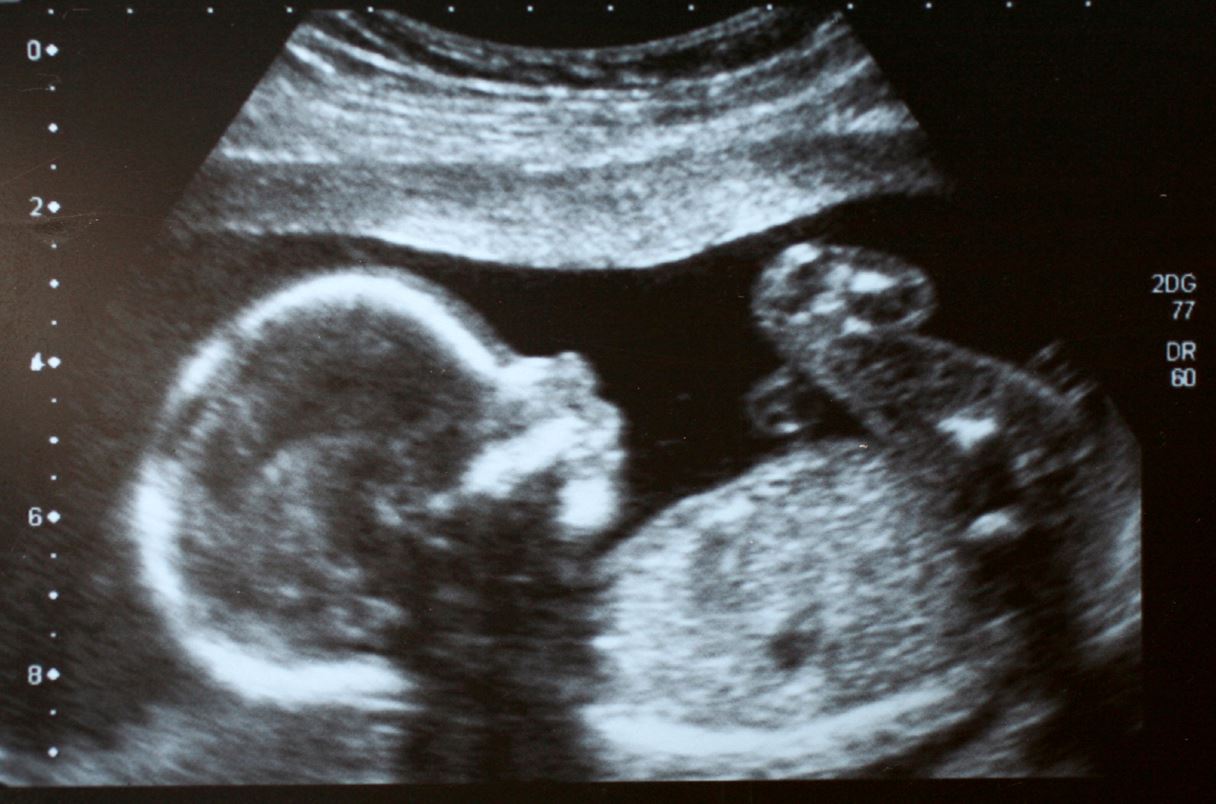Pregabalin (marketed in the US as Lyrica) is approved by the US Food and Drug Administration for the treatment of epilepsy, fibromyalgia, and neuropathic pain. It is also used off-label to treat psychiatric disorders, most commonly generalized anxiety disorder. While it is not used as frequently as other anti-epileptic drugs, we do occasionally see women taking pregabalin who are pregnant or planning to conceive. Because we have limited information regarding the reproductive safety of this medication, we typically advise women to stop pregabalin and, if needed, identify alternatives which are better characterized with regard to their safety during pregnancy.
A new study, while very small, has identified an increase in risk of congenital malformations in children exposed to pregabalin during pregnancy. This multicenter, observational prospective cohort study compared pregnancy outcomes in 164 women exposed to pregabalin to outcomes in 656 matched controls (not exposed to any antiepileptic drugs or known teratogens).
Rates of major birth defects were higher in the pregabalin group than in the non-exposed group (6.0% vs 2.1%; odds ratio 3.0, 95% confidence interval 1.2–7.9, p = 0.03). Pregabalin exposure was not associated with a significantly higher risk of spontaneous abortion.
It is important to recognize that this is a small study, and data from larger studies will help us to better understand the risks associated with prenatal exposure to pregabalin. (Recall the data on lamotrigine, where we reported in 2006 on preliminary data indicating an increased risk of oral clefts among infants exposed to lamotrigine during pregnancy; however, a more recent larger study did not document an increased risk of oral clefts in lamotrigine-exposed children.)
In an accompanying editorial, Page B. Pennell, MD and Kimford J. Meador, MD noted other important limitations, noting that “not only did the primary indicated neuropsychiatric diagnosis differ between the pregabalin-treated and untreated groups, as expected, but other important factors also differed, including other medical conditions, concurrent medications, gestational age at contact (earlier in the pregabalin group), and tobacco use (higher in the pregabalin group).”
The bottom line is that this study will do little to change our recommendations. We will continue to recommend that women avoid the use of pregabalin during pregnancy and would recommend using alternative medications to manage pain and/or psychiatric symptoms.
Ruta Nonacs, MD PhD
Winterfeld U, Merlob P, Baud D, Rousson V, et al. Pregnancy outcome following maternal exposure to pregabalin may call for concern. Neurology. 2016 May 18.








Leave A Comment